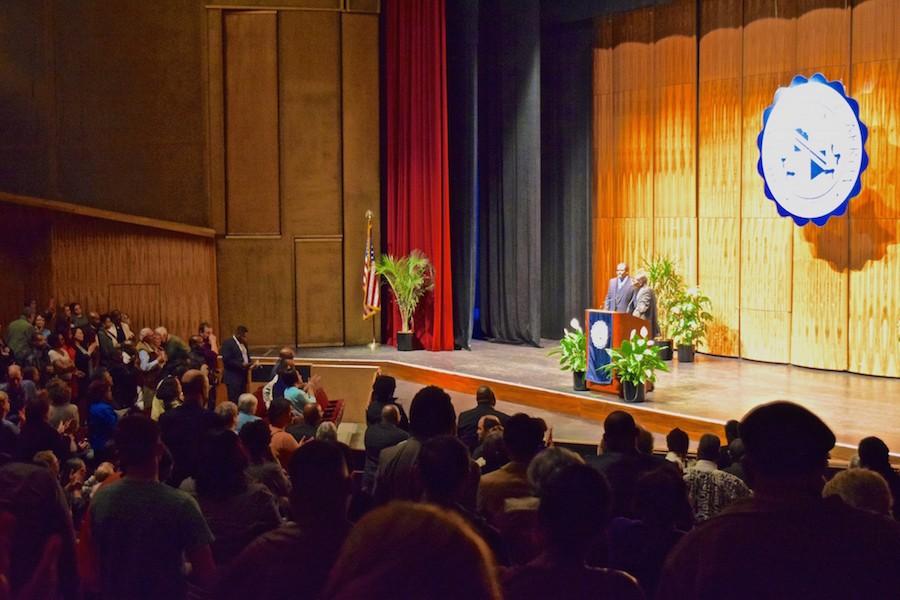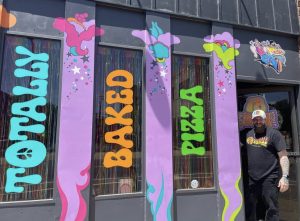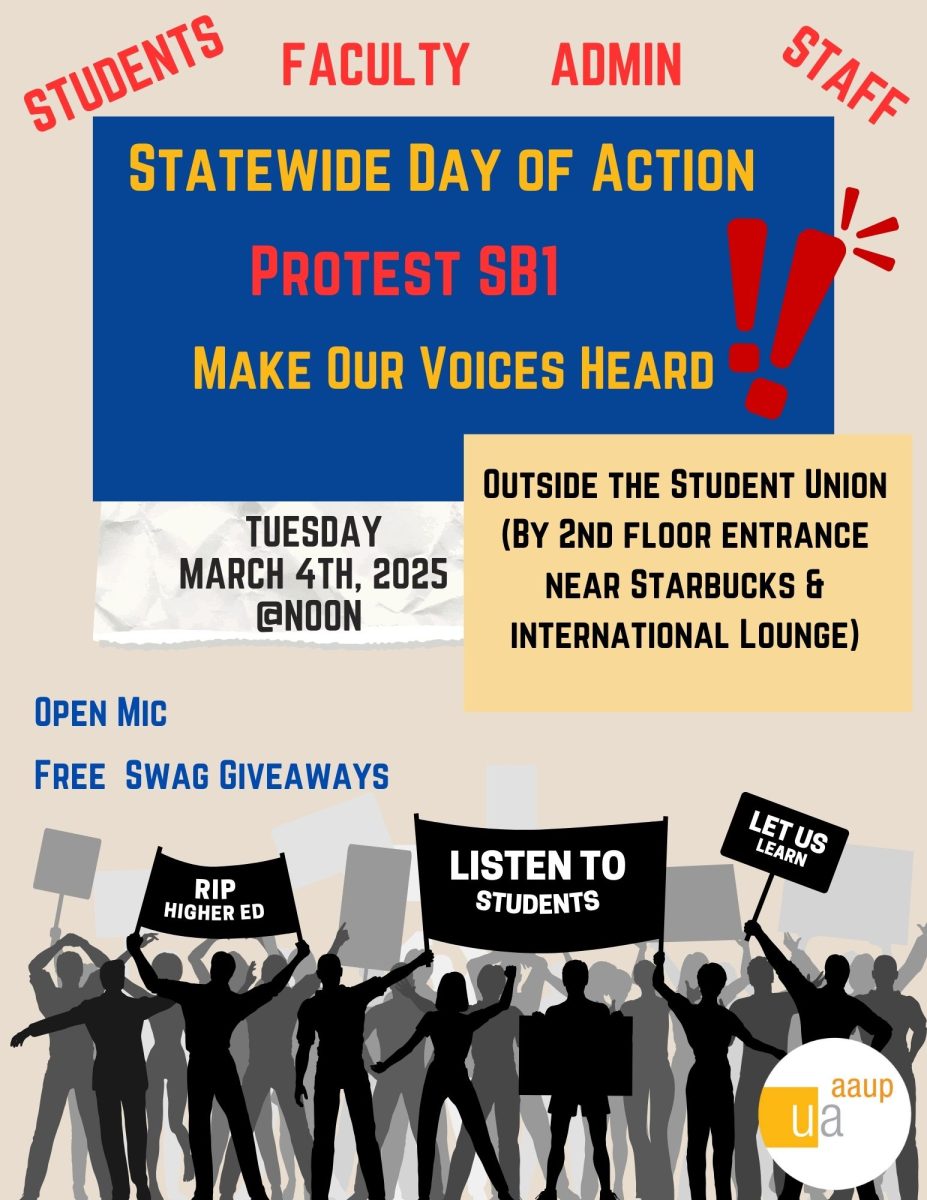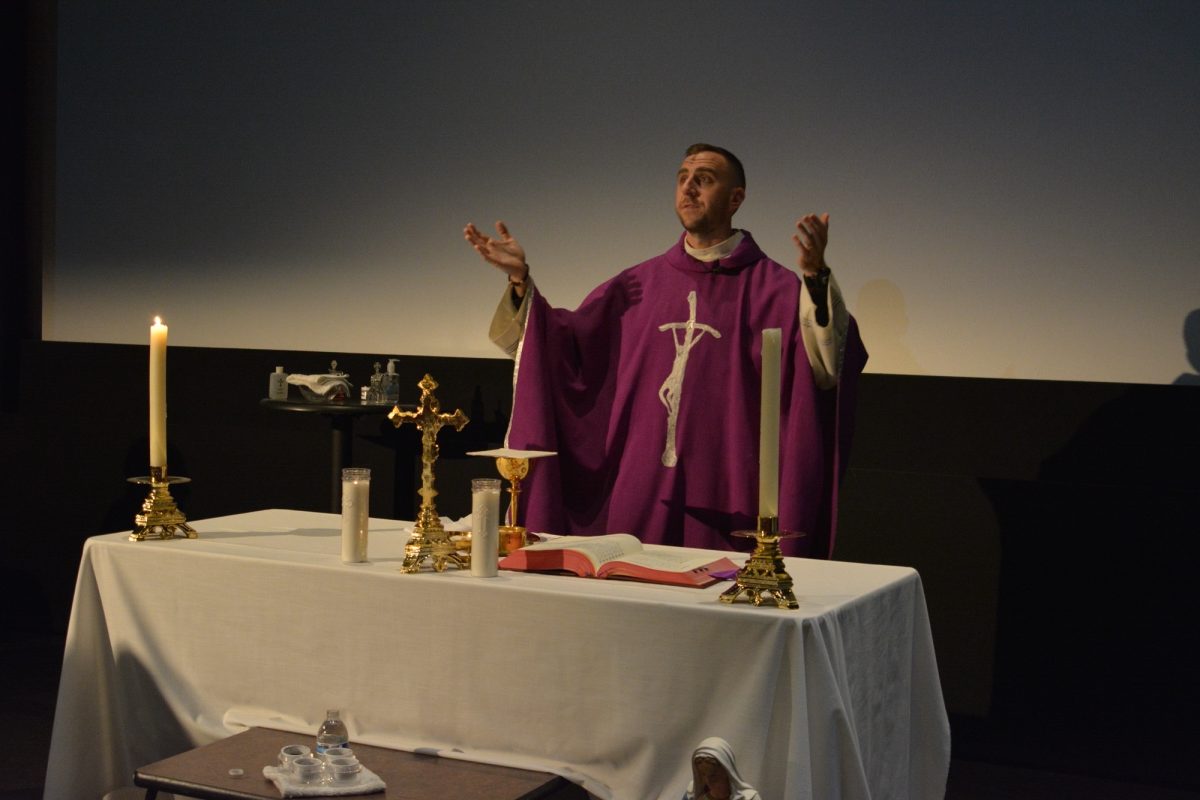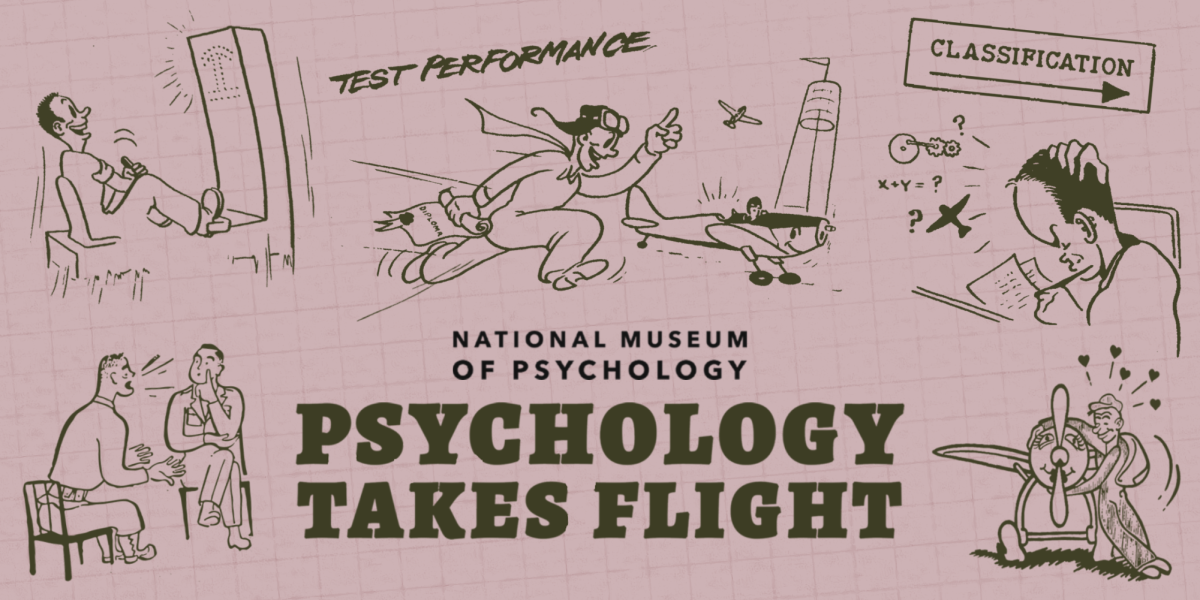Black Male Summit
The audience gave Michael Dyson a standing ovation at the conclusion of his speech about the stereotyping of black males.
April 13, 2015
UA hosted the eighth annual Black Male Summit last weekend, which sought to “improve and increase retention and graduation of African-American males in higher education,” according to the Summit’s webpage.
This year’s event focused on the influences of media, culture and sports on black males’ identities.
The Summit included more than 60 panel discussions, breakout sessions, and workshops. It was held at the John S. Knight Center, E.J. Thomas Hall and the Student Union on Friday, April 10 and Saturday, April 11.
Eight years ago, the Black Male Summit had 200 attendees. This year’s event hosted 280 high school students from the Akron and Canton area and nearly 1,300 attendees from colleges in 24 states.
Last weekend’s activities revolved around themes such as stereotyping, police brutality, media portrayal of black culture, violence among black men, minority participation in college, parenting, and education.
Speakers included Jalen Rose, ESPN analyst; Maurice Clarett, a former Ohio State football player; Marc Lamont Hill, professor of African-American Studies at Moorehouse College and political contributor for CNN; Haki R. Madhubuti, founder of “The Third World Press;” and Damon Williams from the Boys and Girls Clubs of America.
Michael Eric Dyson spoke to an audience on Friday at E.J. Thomas Hall about breaking away from stereotyping black males. Dyson is a best-selling author, commentator, and professor of sociology at Georgetown University.
Dyson has written extensively about how American culture negatively stereotypes black men. As an example, he spoke about the recent killings of black men by white police officers in Missouri, Florida, New York, Ohio and elsewhere.
Throughout his speech, Dyson mixed well-known hip-hop song lyrics and gospel passages to make the problems in black society relatable to the students in the audience.
Growing up in Detroit during the 1967 riots, Dyson experienced much police brutality. In response, he dedicated his life’s work to fight racism and promote the progress of the civil rights movement.
Quoting the lyrics of Jay-Z and Kendrick Lamar, Dyson described how hip-hop “penetrated the subconscious of black society.” He used the importance of music to stress the ongoing need to reach young black men and stand up against inequality.
Dyson spoke about promoting education for black males, saying the students are on a “path of expanding opportunity and exploding potential,” but the problem is the lack of it. Dyson added that education should not have a double standard, and should give equal opportunities and treatment to all students.
“Everybody who is great didn’t start that way. But you have to give them an opportunity,” Dyson said. “And when you get them in your ranks, give them the freedom to exist and to fall into greatness.”


